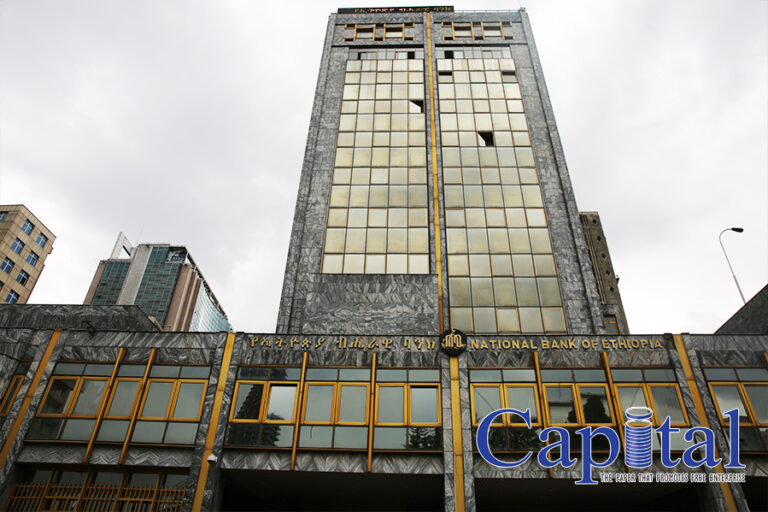Ethiopia’s estimated damages and losses in one year from November 2020 to December 2021 due to conflicts in 6 regions stands at 28.7billion dollars.
In a recent study that was launched on Monday June 12, 2023, courtesy of a collaboration done by the government, World Bank and development partners, a comprehensive assessment has been deduced on the inventory of damage losses resulting from the several conflicts across the country.
In light of this the government has launched a five year recovery and reconstruction programme to be implemented in the coming five years in the presence of regional leaders, high level government officials and representatives of international development partners.
The document which was based on data collected from federal and regional authorities, development partner organizations, civil society organizations and the private sector, calculated damages and losses from November 2020 to December 2021.
The estimation showed that the country incurred a damage and economic loss amounting to 28.7 billion USD. As the country now vows to move forward from these catastrophic ordeals, the bounce back recovery as set by government is now projected to amount to 19.9 billion dollars within the next five years at an annual recovery and reconstruction budget of 3.9 billion dollars.

The conflict in Ethiopia in the past two year has been of an unprecedented scale. The war in the Tigray region with expansion in Amhara and Afar region, and with old conflicts having also emerged in Benishangul-Gumuz, in Oromia and in Konso South Nationalities and Peoples Region, have paralyzed the country. As the document indicated, around 2.2 million people have been displaced and over 20 million people are reliant on human assistance.
As the document cited, “The conflict has significantly affected the economy and has resulted in worsening the macroeconomic imbalance. Economic loss amounted to 2.2 percent of the GDP in 2020/21 and the damage to properties and infrastructure is estimated to be equivalent to 20.4 percent of GDP between November 2020 and December 2021. Furthermore, the conflict has exacerbated the already high inflationary pressure on the economy through supply chain disruption and by fueling speculation about the future inflation.”
The damage and losses to health, education, social security, housing and cultural heritage were estimated at 6.29 billion dollars, while damage on the production sector, amounted to 19.08 billion dollars. Similarly, the damage to the infrastructure sector took a hit of an estimated 2.4 billion dollars, while the damage to the administration, environmental protection and disaster management was estimated to be 902 million dollars.
The document suggested that the economy needs prudent monetary and fiscal policies to guide the expenditure needs for recovery and reconstruction while ensuring that inflationary pressure on the economy remain contained.
Recovery and reconstruction needs were assessed for a five year period and organized in three categories; immediate, short term and long term to be applied on the six conflict affected areas.
It has been stated that 5.1 billion dollars will be needed in the first year of the recovery period, and 9.8 billion dollars will be needed in the second and third years of the recovery program. The survey shows that 4.6 billion dollar is needed for the final phase of the program.
It has been stated that the government will cover some of the expenses by keeping the revenue budget, but it is planned that partner organizations and donors will help with most of it.
“Apart from the humanitarian assistance, the government has appropriated the required budget and is working with commitment to achieve the recovery and reconstruction plan. We are also calling upon international partners to contribute their part for the success of the programme,” said Ahmed Shide, Minister of Finance whilst speaking on the launching event



